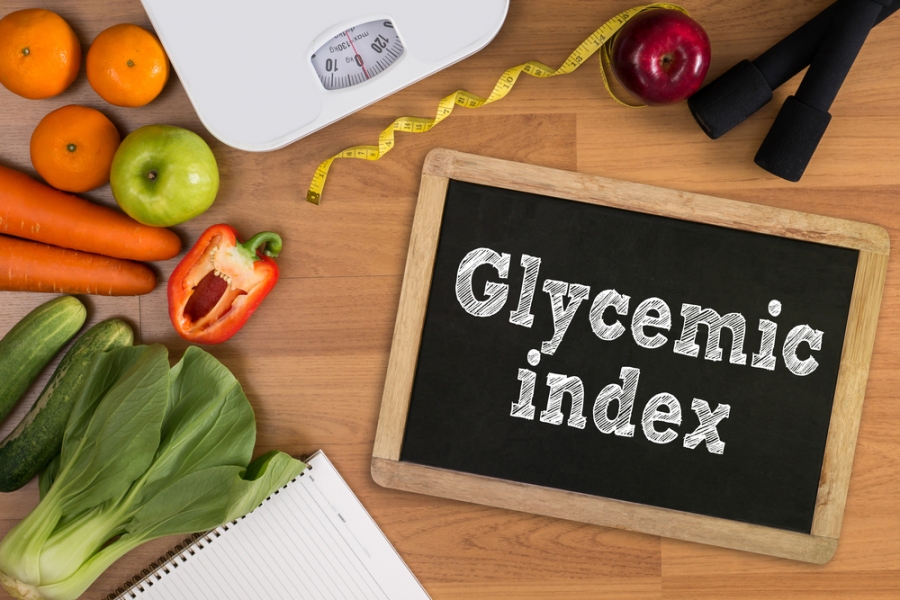Polycystic Ovary Syndrome is probably best known as a cause of fertility problems. It’s a widespread issue, affecting as many as one in five women in the UK, and it does indeed make it more difficult for you to get pregnant.
Today we’re looking at why PCOS affects you fertility, and giving you some tips so you can find out how to ovulate with PCOS.
Why Does PCOS Make it Hard to Get Pregnant?
Polycystic Ovary Syndrome is driven by hormone imbalances. It starts with your body producing too much insulin. This causes similar rises in the levels of testosterone (often thought of as ‘the male sex hormone’) and oestrogen (‘the female sex hormone’), as well as Luteinising Hormone (which the body uses to cue ovulation when the egg is fully mature) among others. These high hormone levels lead to an irregular ovulatory cycle: it takes the egg longer to mature in the ovaries and it can remain there for longer than usual, so you don’t know when you will ovulate and therefore be fertile. A longer cycle also means you have fewer chances to conceive: you will ovulate less often over the course of your whole lifetime.
Getting Pregnant With PCOS
PCOS doesn’t make pregnancy impossible, but you do need to understand the condition to compensate for its effects and try to give yourself more chances to conceive.
There are medications that can help: Clomid is one of the most frequently prescribed. This fertility drug helps your body produce more of the hormones that lead to ovulation, and your doctor will help you create a schedule for your doses so it works most effectively.
There are also medical procedures that can help, with one known in particular called Ovarian Drilling being especially effective. This uses either keyhole surgery or a laser to make minute holes in the ovaries, which can adjust the level of hormones they create and make ovulation easier.
Natural Methods
Many people like to try natural methods to reduce the symptoms of PCOS before opting for surgery or medication. Because the main driver of PCOS is that high level of insulin, anything that can help reduce your insulin levels can help with PCOS. A low GI diet – that is, containing foods that break down into sugar more slowly – reduces the amount of sugar in the blood stream and this can help the body produces less insulin.
It’s also worth investigating the supplement Inositol: this is a natural compound found in some foods that helps your body use insulin more effectively. Topping up your inositol levels can help to restore more regular, reliable ovulation, and therefore boost your chances of getting pregnant.

